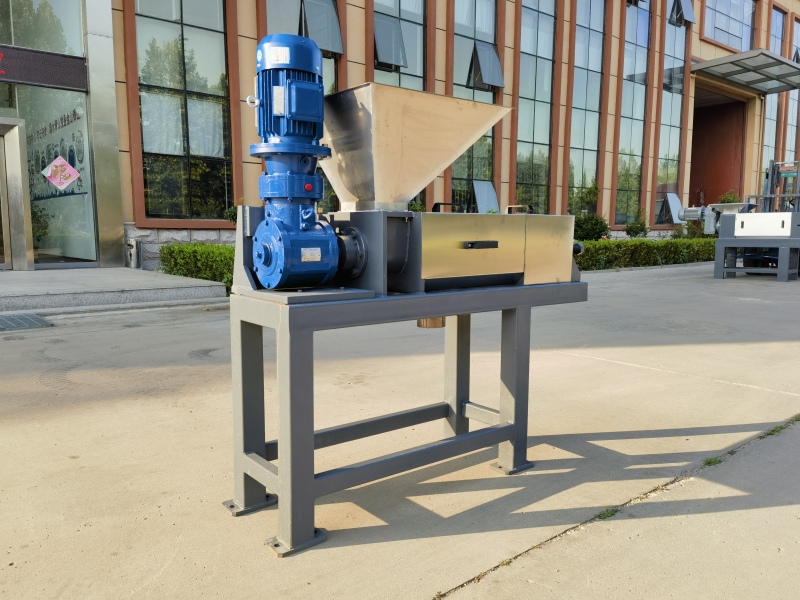
Introduction:
Hemp, a versatile and sustainable crop, is gaining widespread attention for its various applications, including the extraction of fibers for industrial use. Efficient processing of hemp fibers involves several stages, and one crucial step is dehydration. In this article, we will delve into the significance of dehydration equipment in the hemp fiber processing industry.
Importance of Dehydration in Hemp Fiber Processing:
Dehydration plays a pivotal role in the hemp fiber extraction process, as it removes excess moisture from the harvested hemp stalks. Moisture content affects the quality and durability of the extracted fibers, making dehydration a critical step in achieving high-quality hemp products. Properly dehydrated hemp fibers exhibit improved strength, reduced susceptibility to microbial growth, and enhanced overall performance.
Hemp Fiber Dehydration Equipment:
To achieve optimal results in hemp fiber processing, industry players utilize advanced dehydration equipment specifically designed for this purpose. These devices are engineered to efficiently remove moisture from hemp stalks while preserving the integrity of the fibers. Common types of hemp fiber dehydration equipment include:
Belt Dryers:
Belt dryers are widely used for large-scale hemp fiber processing. They consist of a conveyor belt that transports hemp stalks through a heated chamber, effectively evaporating moisture.
Vacuum Freeze Dryers:
Vacuum freeze dryers employ a process called sublimation to remove moisture from hemp fibers. This method is known for preserving the natural properties of the fibers and producing high-quality end products.
Rotary Drum Dryers:
Rotary drum dryers feature a rotating drum that facilitates uniform drying of hemp stalks. These dryers are known for their efficiency and ability to handle large volumes of material.
Microwave Dehydrators:
Microwave dehydrators use electromagnetic waves to heat and remove moisture from hemp fibers. This method is known for its energy efficiency and rapid drying capabilities.
Benefits of Advanced Dehydration Equipment:
Investing in state-of-the-art dehydration equipment for hemp fiber processing offers several advantages, including:
Increased Efficiency:
Advanced equipment ensures a faster and more efficient dehydration process, allowing for higher production rates.
Quality Preservation:
Modern dehydration methods help preserve the natural qualities of hemp fibers, resulting in products with superior strength and durability.
Energy Efficiency:
Some dehydration technologies, such as microwave dehydrators, are known for their energy efficiency, contributing to sustainable and cost-effective processing.
Scalability:
The scalability of advanced dehydration equipment makes it suitable for both small-scale and large-scale hemp processing operations.
Conclusion:
In the rapidly expanding hemp industry, the role of dehydration equipment in fiber processing cannot be overstated. As demand for sustainable and eco-friendly materials continues to rise, investing in advanced dehydration technology is crucial for optimizing hemp fiber quality and meeting the diverse needs of various industries.




If your company wants to establish a business relationship with us, please briefly describe the cooperation intention and send an email to:chuantaiscrewpress@gmail.com























































































![[list:title]](/static/upload/image/20240528/1716877114510915.jpg)